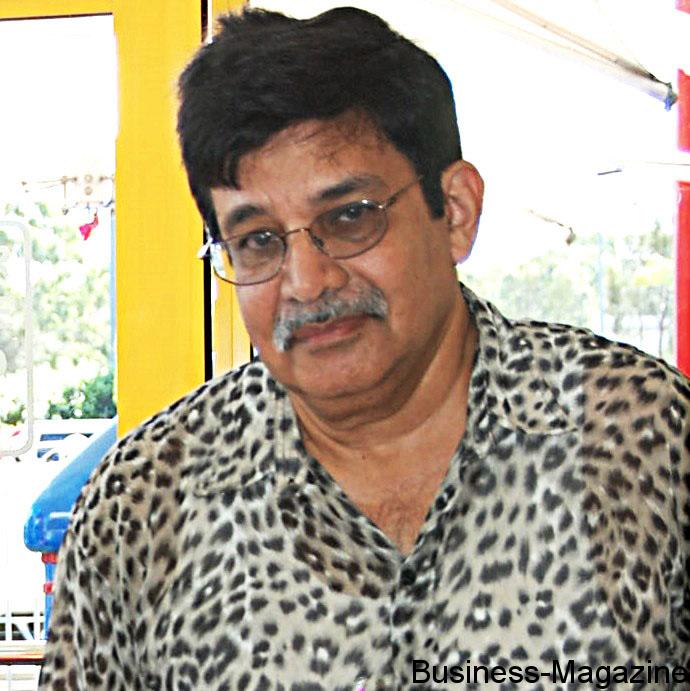Mandela’s political leadership: how it transcends to the Mauritian context
Share

We can draw on Nelson Mandela’s political achievement in South Africa. His leadership spans over freedom, democracy, justice and equality. I wish to apply this phenomenon to the Mauritian context.
Mandela’s place in history
Mandela is a great persona in being a thinker, peace maker and a politician. He follows the likes of Martin Luther King’s and Mahatma Gandhi:
“There are some things so dear, some things so precious, and some things so eternally true, that they are worth dying for. And I submit to you that if a man has not discovered something that he will die for, he isn’t fit to live...” (Mandela’s 1963 book, “Strength to love”). At a youth leader convention, he asserted his vision and his rightful place in history: “I will be the first president of a unified South Africa.”
From Mandela’s arrest on the 5th August 1962, and from his prison’s cell of 33 years, in his speech from the dark, he asked God for salvation:
“My lord, I am the first accused, I have fought against black domination, I have cherished the idea of a democratic and free society in which all individuals live in peace and harmony.”
Mandela’s leads to the world
As an astute leader, Mandela adjusts to his context and fosters the maturity of his nation. He retired as president to be a vigilant observer of how his leadership prospers his nation. He leads, empowers and provides the necessary political leverage:
“A nation should not be judged by how it treats its highest citizens but its lowest ones”
“A leader is like a shepherd. He stays behind the flock letting the flock… whereupon the others follow not realising that all along they are being directed from behind.”
Such leadership provides the right predisposition of when to pass on leadership as a choice rather than when it is forced up by nature:
“Mandela served as the first South African President to be elected in a poll from 1994 to 1999, standing down after one term – in stark contrast with other leaders on the continent and beyond who seek to perpetuate their hold on power” (The Sydney Morning Herald)
Mandela aligns his leadership to his spirituality as in his first speech after his release from prison:
“I spoke from the heart, I wanted to tell the people that I was not a messiah, but an ordinary man who has become a leader because of extraordinary circumstances. I wanted immediately to thank the people all over the world who had campaigned for my release, I also publicly expressed my gratitude to my wife and family.” (Autobiography of Nelson Mandela)
Mandela transcends a political leadership prowess that has never been achieved before. The ultimate worldwide recognition was validated with the 1993 Nobel Peace prize that he won alongside with the then outgoing white Prime Minister of South Africa, Willem de Klerk.
Mandela’s alignment to the Mauritian Context
In his pursuit of leadership excellence, Mandela can enlighten Mauritius to ascertain its political, social and economic vitalities both at home and in optimising its positioning in the global world.
In last December 2014 general elections, Sir AneeroodJugnauth and his newly formed “Alliance Lepep” defied the odds. In the election campaign, they were initially outclassed by the alliance of the then two major political parties PTr-MMM. Nevertheless, Jugnauth and his team won nearly 75% of the number of seats. Arguably, this is a tremendous achievement that is comparable to Mandela’s reversing the apartheid regime of South Africa.
Respectfully, we must recognise the astonishing feat of Jugnauth. At 84 years old, he moved from the presidency to be Prime Minister. There is a similarity with the Mandela political win after his long walk towards freedom.
I believe that current government is blessed by a spiritual validation comparable to what was expressed by Mandela with this strong adherence to faith in fighting for a good cause.
In the light of Mandela passing on his presidency, we hope that political leaders of Mauritius will sense the importance of planned “Succession of leadership” in a suitable transitional period. Some of the political leaders would depart from the alleged “arrogance” and the “l’usure du pouvoir” to eventually align themselves with the political elegance of Mandela.
Mauritius can enhance its diversity with the uniqueness of the Mauritian blend in aligning with the national reconstruction as proposed by the new government. Mauritius should embrace the glorious change for a sense of unity and achievement in its socio-economic development.
With hope and in faith, I would venture our future as: “There is no end to life, to intellectual and to the perfection of humanity. Its progress is everlasting.” (Konstantin E. Tsiolkousky)









